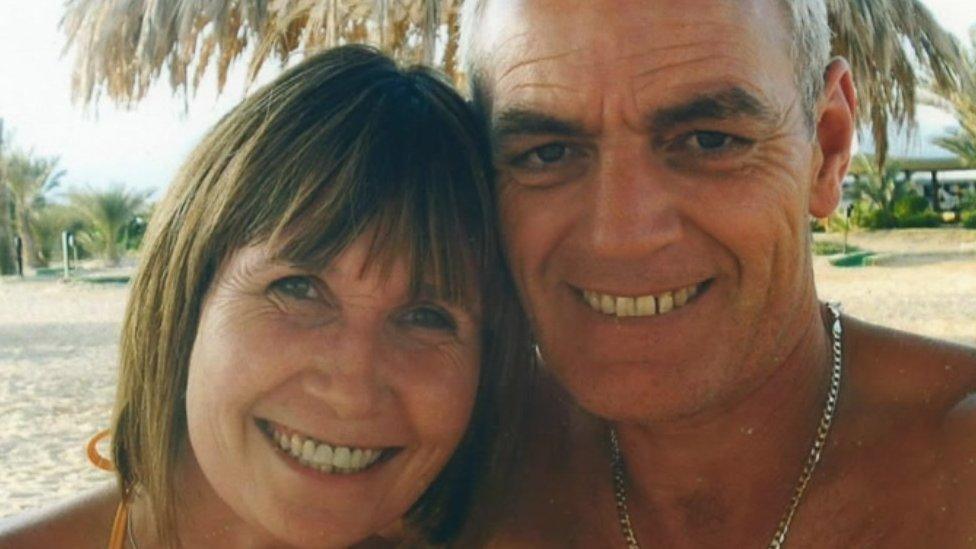DPD improves workers' rights after driver's death
- Published

Delivery firm DPD, under scrutiny after work pressures were blamed for the death of one of its drivers, is offering its 6,000 drivers holiday and sick pay as part of a new contract.
DPD, which delivers for John Lewis and Marks and Spencer, says it is the first parcel carrier to offer such contracts.
In January, driver Don Lane, from Dorset, died after failing to attend hospital appointments for his diabetes.
His widow said he had become terrified of taking time off. DPD denies this.
Mr Lane, 53, from Christchurch, died on 4 January after collapsing in December.
Months earlier, DPD had fined him £150 for taking time off when he had a hospital appointment. His widow, Ruth, said her husband had missed numerous hospital appointments because of work pressures.
The parcel courier is scrapping this so-called "breach charge" as part of its changes to working practices.
DPD said it had begun the review into working practices months before Mr Lane's death.
'Need to improve'
Dwain McDonald, DPD's chief executive, said: "We recognise that we need to improve the way we work with our drivers.
"While the self-employed franchise scheme has benefited thousands of drivers over the past 20 years, it hasn't moved with the times and needs updating."
He said he was continuing to consult DPD's drivers and would be paying for advisers to help them make the choice between staying self-employed or moving to the new contract.
More details would come later in the spring, he said.
The company is part of the growing "gig" economy, in which workers are typically deemed self-employed.
In practice, say critics, many companies insist that people who have signed up to work for them must be available for as many hours as any full-time worker, while some impose fines for non-attendance.
Well-known firms in the gig economy include Uber, Deliveroo, and DPD's courier rivals including Hermes, UK Mail and Yodel.
Pressure from unions and other concerned parties prompted the government to appoint Matthew Taylor, a former Labour policy adviser to look into the gig economy.
- Published7 February 2018
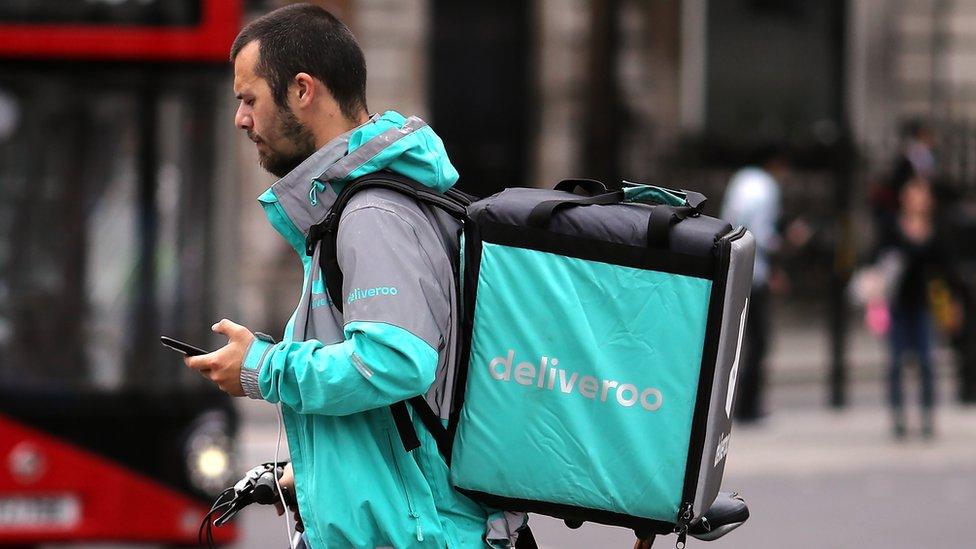
- Published5 February 2018
- Published11 July 2017
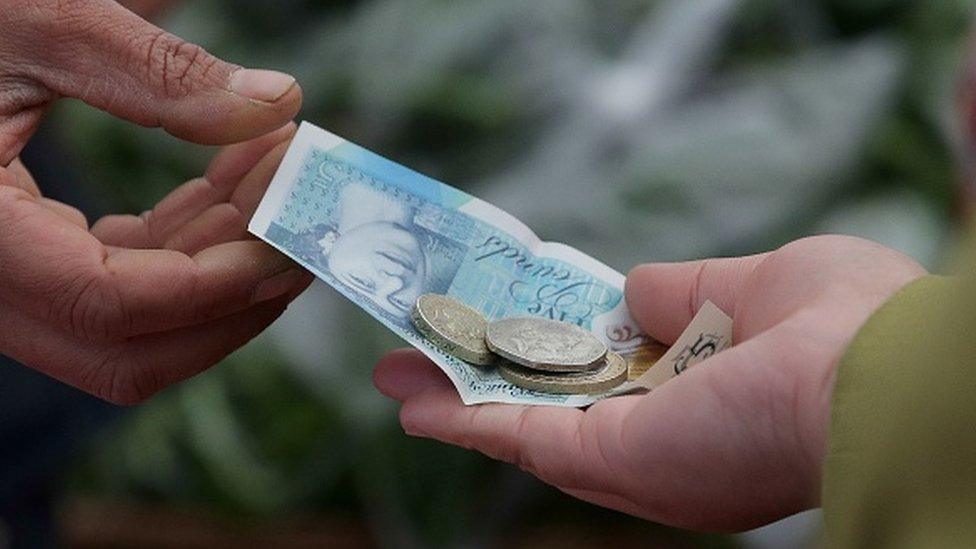
- Published20 February 2018

- Published10 February 2017
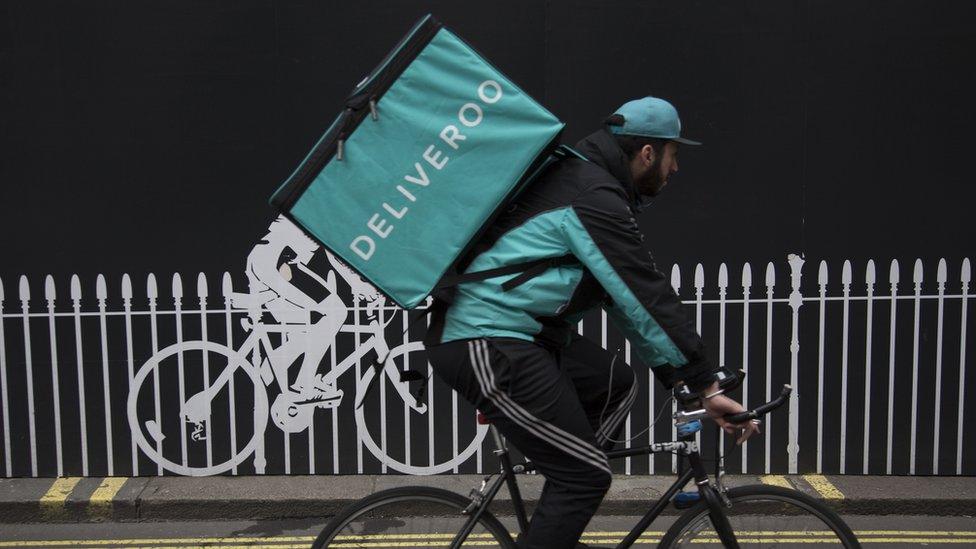
- Published7 February 2018
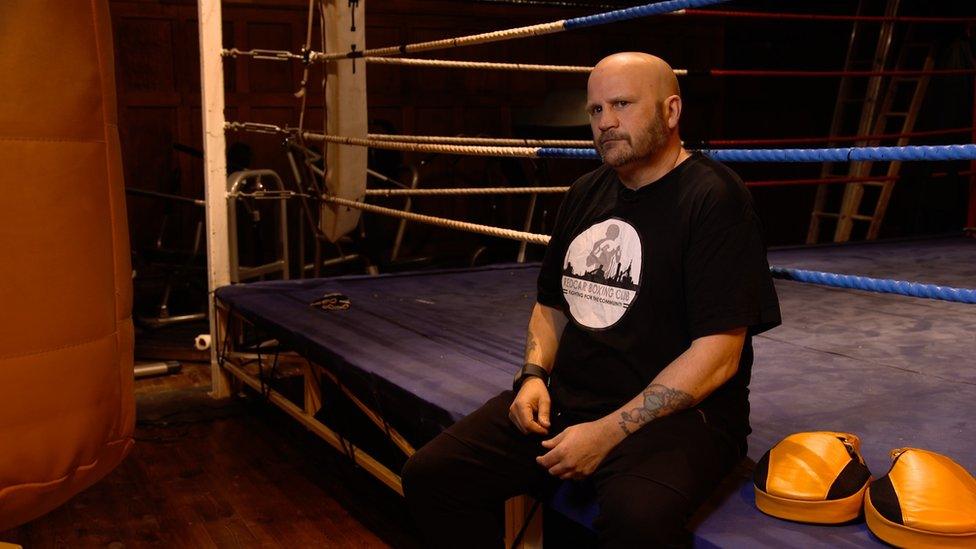
- Published6 February 2018
